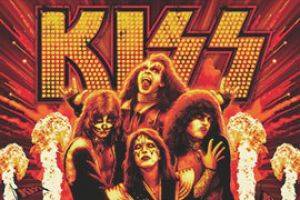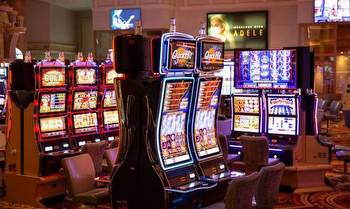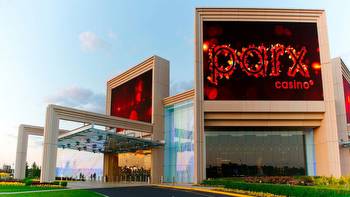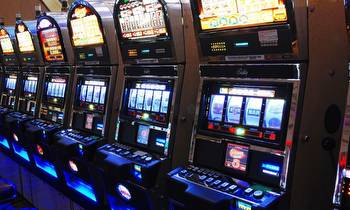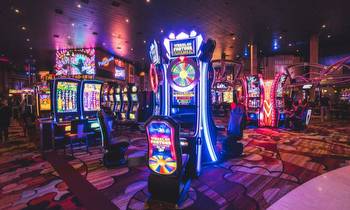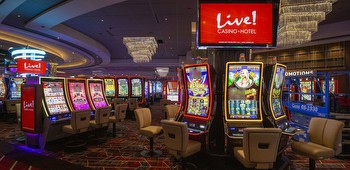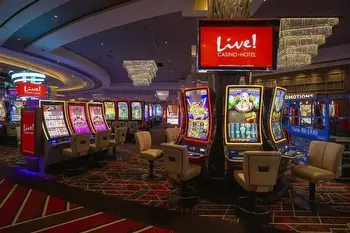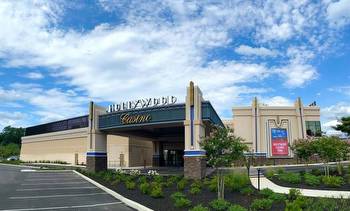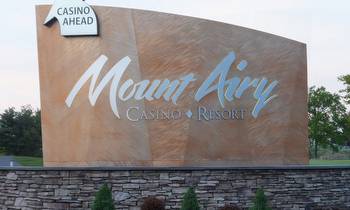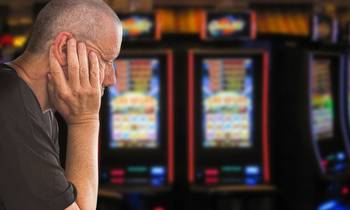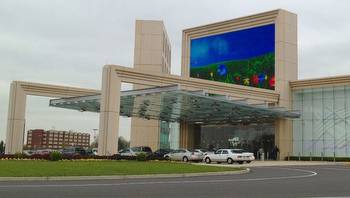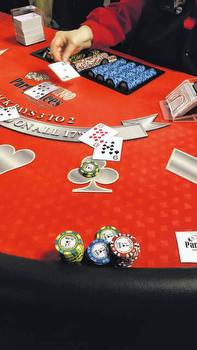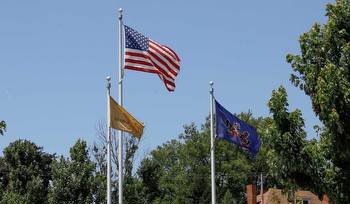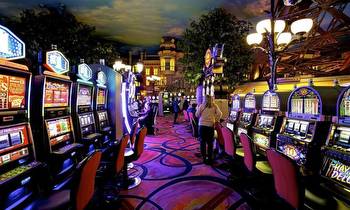Strong Slots Resilience Helping PA Casinos' Pandemic Bottom Line

There were 15,659 slots operating last month at the 12 casinos in Pennsylvania instead of the 24,662 in July 2019. The average daily win per slot machine has increased from $254.63 to $364.43. Monthly gaming revenue in the state has risen from $281.5 million to $283.1 million on a year-over-year basis.
Pennsylvanians gamble $30 billion annually through casino slots and video poker machines within the state's borders. The operators get about 92% of that money back in payouts. That leaves them with about $2.4 billion in annual revenue to share with the State.
Last month, Pennsylvania casinos made $165 million in slots revenue. It was only 83% of the nearly $200 million achieved in July 2019. Neither the Philadelphia nor Pittsburgh Rivers Casinos operated the full month. New state restrictions on smoking and alcohol service on casino floors would have deterred some patrons from visiting or from playing longer. Parx Casino, Mount Airy Casino Resort, and Harrah’s Philadelphia increased slots revenues with a reduced number of machines.
Neither Philadelphia nor Pittsburgh Rivers Casinos operated the full month due to county-imposed shutdowns tied to COVID. New state restrictions on smoking and alcohol service on casino floors would have deterred some patrons from visiting or from playing longer.
There is an increase in slot machine daily win after the COVID era. Pennsylvania's casinos are allowed up to 5,000 slot machines, but only the large Parx and Wind Creek Bethlehem casinos have more than 3,00. The machines themselves cost $15, 000 to $25,500. Most machines are leased under arrangements with their manufacturers. Casinos plan their operations based on their busiest times. They take care to keep adjacent games available. Some have taken steps to avoid having players side by side.
Soll is a consultant for Pennsylvania casinos. He says the July increase in daily win-per-slot is due to a constrained market. The industry is concerned about the future of slot machines and the amount of space dedicated to them. He also points out that the industry has learned that valuable players don't reduce their play without the availability of amenities. It's a good sign for regional casinos that are primarily a drive-in market, unlike Las Vegas casinos dependent on customers flying in.







